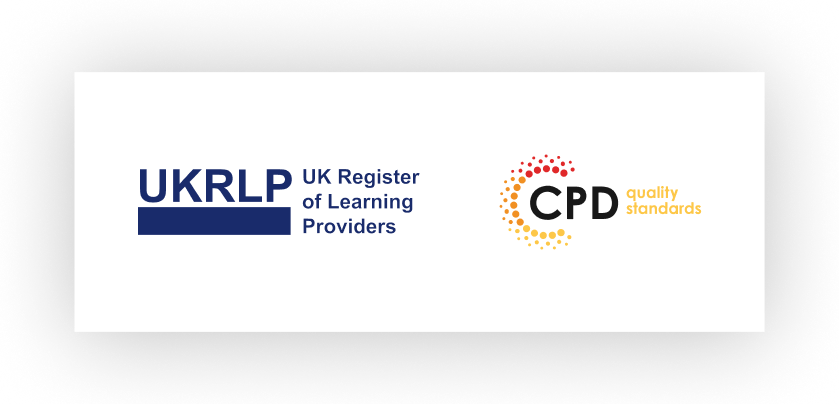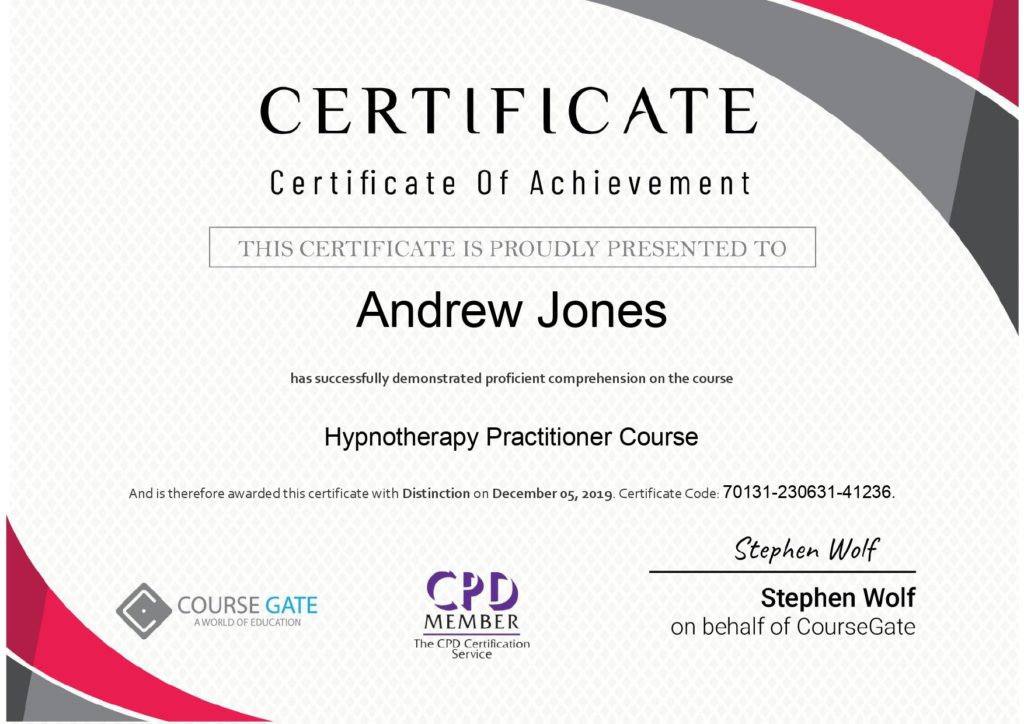

A healthcare assistant is an essential part of the healthcare industry in the UK. They are responsible for nurturing patients and helping them overcome any sort of physical or mental health issues. This article would give a vast idea of the roles and responsibilities of a healthcare assistant and who they are. So, if you are interested in working in this industry or looking for a career change, this article will be beneficial for you.
Table of Contents
Who is a Healthcare Assistant?
A healthcare assistant is also called a nursing assistant. They assist healthcare professionals in providing service and utmost care to all patients in:
- Different nursing homes
- Hospitals
- Daycare centres
- Old age homes
- Personal homes.
These medical professionals work under the supervision of qualified healthcare professionals and provide first-hand care, comfort, and safety to patients. The title of a “Healthcare Assistant” is generally used to describe different positions within the healthcare sector.
However, it is not restricted to one specific type of industry or workplace. For example, some alternate names for a healthcare assistant in the UK are-
- Home carer
- Community health carer
- Long term carer
- Public health worker
- Home support workers
- Personal carer
- Care assistants, and many more.
Therefore, since the place of work for the healthcare assistants vary to a degree, the roles and responsibilities of a healthcare assistant differ too.

But, even though their roles can be very diversified, the primary purpose of a healthcare assistant is to provide quality care and treatment to their patients. Moreover, healthcare assistants are very respected people in society. Doctors prescribe treatment after finding out the disease and the root cause of an illness.
But, later on, it is the duty of a healthcare assistant or a nursing assistant to take good care of them and work towards their speedy recovery. The amount of faith and respect people have towards them is highly commendable. However, high hopes and expectations bring in high levels of pressure and a sense of responsibility.
Their job isn’t like a regular 9-5 job where you are just completing office work, attending meetings, taking breaks whenever you want. A healthcare assistant always needs to be present at work-both mentally and physically. There should never be any room for error in this particular profession. You can find healthcare assistant job opportunities on Jooble
Essential Skills
Every profession requires a unique set of skills in order to excel in it. Similarly, as a healthcare assistant, you are required to possess some distinct skillset. However, the most crucial skill that a healthcare assistant must have is caring and being compassionate towards everyone. They should work with full diligence and treat everyone in the same manner. Issues like a conflict of interest or paying extra attention to certain people should not be done at all. Some other essential skills include:
- Cheerful and friendly attitude.
- Kind and empathetic towards others.
- Team-work skills.
- Ability to make a decision straight away.
- Take initiatives on their own.
- Always have a “patient’s first” attitude.
- Always willing to take care of patient’s personal needs.
- Excellent oral communication skills.
- Excellent observation skills/ attention to detail
- Follow all organisation rules and regulations.
- Abide by the health laws.
Roles and Responsibilities of a Healthcare Assistant
The roles and responsibilities of a healthcare assistant are way too diverse. As mentioned earlier, their roles are highly dependent on the sector they are working in. For example, a nursing home healthcare assistant will have different responsibilities than a healthcare assistant in a childcare centre. And, since the healthcare sector is a susceptible industry where the workers have to deal with sick people and their relatives, they have to face challenging situations quite often.

These situations do put them through an emotional journey sometimes. But, more or less, all their roles are intertwined with each other, with the common factor being diligence and compassion towards patients. For example, in places like a GP clinic or an operation theatre, a healthcare assistant needs to do more advanced tasks such as taking blood samples, urine and stool samples, etc. Whereas in other places like a care home, they are only required to take care of patients and looking after their daily needs. However, below are some of the most common roles and responsibilities of a healthcare assistant in any work setting.
1. Serving Meals and Feeding Patients
They have to serve meals to any patients and take care of their dietary needs. Sometimes, they have to work alongside the dieticians for every patient and take care of their daily meals. Some patients are not able to have their meals on their own, so they need someone to be there for them and feed them. You should also provide them medicines on time. They have to be extremely patient during the process and make sure that they have studied the patients’ diet charts and are aware that they are allergic to any food.
Start your journey towards meaningful impact now!
2. Making Beds, Toileting, Moving Around
If you are working as a healthcare assistant, these responsibilities are a must for you to perform every day. No matter in which job setting you are in, they are a must for you to perform. First, you should ensure that your patient has comfortable bedding with the right mattress or pillows because you are responsible for ensuring that they always feel comfortable.
Secondly, with toileting, some elderly or disabled patients have issues going to the toilet alone, and thus, they would require some assistance. Even patients who have recently had surgery might need assistance to get to the bathroom or bathe independently. Similarly, patients with such mobility issues would need someone else’s help to walk around and do anything alone.

Some patients even need assistance to go out for a walk. So, as a healthcare assistant, you should always be there for a patient’s support whenever they require it. You will be advised to do all these by either a registered nurse, a doctor, or other qualified healthcare professional working above you.
3. Talking to Patients
Talking to patients and making them always feel comfortable is a big part of your job. However, always keep in mind that you are dealing with very sick and vulnerable people. Some of them are battling mental health; some are fighting their lives and trying to lead a normal and healthy life by getting over a particular disease or illness. A significant proportion of the people you will be looking after has lost a loved one recently or lost a substantial portion of their life due to their illness. In times like these, people tend to feel that they are being segregated from the society.
Therefore, speaking to someone with an open heart will help them feel a lot better. So, always try to put up a smile on their face. You can talk to them as a friend to share their grief and helping them feel lighter. Sometimes, a big part of a person’s recovery is just expressing their emotions and having someone beside them who would try to understand them well and listen. Therefore, show empathy towards your patients, give them space to share their feelings with you and usually continue a conversation with them.
4. Frequent Health Checks
This is one of the most crucial roles for any healthcare professional. Maintaining your patient’s health on a regular basis is highly necessary. Therefore, you should keep them in constant supervision during your shifts and maintain regular health checks. Some examples of regular health checks include:
- Monitoring body temperatures
- Checking pulse rates
- Encouraging regular exercising (especially for patients with joint issues or frozen shoulders)
- Checking blood pressure levels
- Checking weight and height
- Calculating BMI
- Tracking menstrual cycle in women (especially during pregnancy or after delivery)
- Checking blood glucose levels (especially for diabetic patients)
- Checking oxygen levels
- Checking the recovery of any cuts or stitches (especially after surgeries)

Moreover, frequent health checks help to keep a patient healthy in many ways. For example, if there is any abnormality in any of the health check results, they can be treated immediately. This role goes well with the famous saying- “Prevention is better than cure” – said by Desiderius Erasmus.
5. Checking and Ordering Supplies
A hospital or a nursing home can run out of supplies at any time. But, unlike all other industries, this sector is way too sensitive. As mentioned before, there should be no room for errors, so there should not be any situation where they run out of supplies all of a sudden, and there is none at the storage.
Imagine a patient lying down in the ICU bed, waiting for the second anaesthesia injection before surgery. But, suddenly, the doctors and nurses realise that there are no more injections left; how bad would this situation be? This is why someone should always stock up the supplies and monitor them to prevent such problems. The roles and responsibilities of a healthcare assistant are not just restricted to taking care of patients; it also involves helping the hospitals or nursing homes be ready to accept a patient and provide proper treatment.
Salary Expectations
A healthcare assistant works in several workplace settings, as mentioned earlier. Therefore, depending on the place they operate in, their salary varies according to that as well as the experience level. But, all of them receive a good amount of money, irrespective of the workplace. However, their contribution to making the lives of sick and vulnerable people easier is immense. Also, during the COVID-19 pandemic, their demand reached the skies. At one point, the demand was so high that there was a scarcity of healthcare assistants in the UK.
As a result, more and more healthcare workers were required to take care of patients at care homes, hospitals, nursing homes, etc. And that was when the world understood their worth, which resulted in a drastic pay increase. Their average starting salary in the UK is between £18,000- £22,000 per year. However, as they gain more experience in the field of healthcare and acquire more skills, their salary can even increase to more than £30,000 per year. Of course, the pay scale is dependent on the area as well. For example, in London, healthcare assistants get more pay compared to suburban or regional areas.
Future Career Prospects
There are several opportunities for career progression as a healthcare assistant. For example, a level up in this career could be a healthcare worker, assistant healthcare practitioner, etc. You could also get enrolled in a nursing diploma or bachelor’s degree to become a nursing assistant or an enrolled or registered nurse. You could do that from any renowned university or institute. But, just make sure that the course you enrol in is fully accredited and recognised in the professional world. Moreover, getnursingessay can provide you with professional assistance in preparing and editing your nursing assignments to ensure that they are perfect for submission. Here at Coursegate, all our courses have been designed by highly qualified professionals and are fully accredited.
Similarly, other future career aspects are radiology, diet & nutrition, epidemiology, midwifery, speech pathology, and many more. The experience you have gathered while performing the roles and responsibilities of a healthcare assistant will be a massive advantage in going into other healthcare industry sectors. Some institutes will also give credits for some courses or programs for your healthcare assistant qualifications and experience level.

Thus, you could take the career as a healthcare assistant as a stepping stone into the big healthcare industry. You can learn a lot of technical and interpersonal skills most required in the healthcare industry. Furthermore, it would introduce you to the essential aspects of this industry and allow you to get involved in it with minimum qualifications and requirements.
Entry Requirements
There are specific entry requirements to start working as a healthcare assistant. But, most employers do expect the right candidate to have good literacy and numeracy skills. Therefore, it acts as an advantage if you have good scores in your GCSE English and Mathematics. Also, a diploma or certificate in any healthcare sector is highly recommended. Employers expect you to have a basic knowledge of the healthcare industry, which is why academic qualifications and work experience come in handy.
This experience could be from a paid or unpaid work. The healthcare industry also has some apprenticeship programs for new professionals. You could also start looking for one in your area. The best thing about apprenticeships is that you get paid as you learn during the whole experience. Some apprenticeships even open the opportunity for you to apply in more technical roles. For example, if you’re applying for a position in the NHS, you’ll be asked to show how you think the NHS values and how they are used in your everyday work.
Conclusion
Healthcare professionals are respected globally. It is a critical industry for everyone. We all saw a glimpse of how it would be like if fewer healthcare professionals were working. So, we can conclude that this is one of the few industries that would never face a downfall. Therefore, if you want to start a career in this field, being a healthcare assistant would be excellent to start your career.
And, since you are aware of the roles and responsibilities of a healthcare assistant, it would be easier for you to make that decision. Alternatively, you can look at some of our healthcare courses specifically designed for individuals wanting to get into healthcare.
- All Courses
- Accounting & Finance61
- Admin, Secretarial & PA45
- Audio Books (Audio Course)100
- Business Skills155
- Design76
- Digital Marketing48
- DIY (Do It Yourself)57
- Employability241
- Food Hygiene & Safety18
- Health & Fitness68
- Health & Safety109
- Health & Social Care184
- Human Resource49
- It & Software Skills116
- Language27
- LIFESTYLE85
- MAKEUP & BEAUTY49
- Management129
- Marketing60
- Massage & Physiotherapy17
- Microsoft Office64
- Nonprofit & Charity36
- On Demand Courses54
- Personal Development128
- Photography33
- Psychology & Counselling97
- SEN (Special Educational Needs)23
- Teaching and Education98














